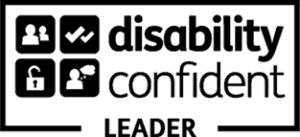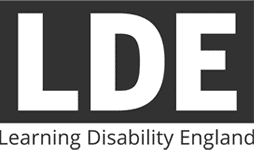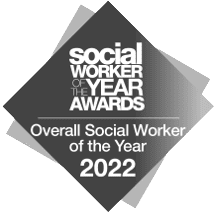Siraaj Nadat, BEM – Senior Quality of Life Facilitator, Changing Our Lives
Human rights belong to everyone from the moment we are born until the time that we die. These rights apply regardless of who we are, where we come from, what we believe in, our gender, race etc. The right to lead an ordinary life is fundamental to these entitlements, for example having employment, family life, the vote, a home, access to education to help you to progress and so on.
Many people take these things for granted but for certain groups of people in society these basic, yet fundamental rights are absent from their lives. Disabled people are one of these groups. This happens when society, including the professionals and people that support disabled people believe that the lives of these people are worthless and they have little or nothing to offer. In actual fact, every human being has something to offer regardless of their ability. With the right people and the right support, an individual’s potential can be unlocked and can be a source of benefit to others.
The right to employment is barely talked about with disabled people and in too many cases not discussed at all. The subject of employment is often absent from conversations as early as school, at the time of transition and beyond. This critical period for young people is the time when most of their non-disabled peers are talking about going off to university or starting employment. However, too may young disabled people are still encountering career advice advocating specialist college or residential college implying that these are the best options. Instead, often turning out to be a place where young people go for two or three years to just learn life skills and do dead end courses. The reasons for not being offered the choice of employment are many. One of these reasons is that of low expectation, with the bar being set too low. Also there is still a belief that employment is not for disabled people.
I am a Senior Quality of Life Facilitator, working at Changing Our Lives. My work takes me all over the country and I have been in a number of working environments, where professionals and staff working in the health and social care sector cannot and will not accept that I am working in a professional capacity in a professional team. This is simply because they see my disability first. Below are just some of the many examples where people have displayed discriminatory and negative attitudes and have posed some of the most stupid questions toward me.
- I was carrying out a Quality of Life review with a colleague at a residential care home. As I was entering the building, a member of staff there grabbed my hand and guided me into the building.
- I was carrying out a Quality of Life review with a colleague at a day service. A staff member there came up to me rubbed my thigh and asked me if I wanted a cup of tea.
- 9 times out of 10 guaranteed when I am in a residential care home working, I get asked “Do you live at a place like this or are you thinking of moving in?”
- When as part of a review team we finish working at these sort of places, the staff often say “Have you had a nice day out?”
- I went to a local hospital to deliver a professional presentation to healthcare workers at a conference. When I got up to the stage, two women came up and stood either side of me and stroked my arm while I was delivering the presentation. At the same event, they insisted on giving me a certificate and a box of chocolates for delivering the presentation.
Needless to say, these type of comments and questions are never posed to my non-disabled colleagues!
When I am met with these attitudes while I am working, it frankly pisses me off because it explicitly reveals that people do not take me seriously. It makes my blood boil! Often, I just want to swear at those who display this kind of behaviour towards me. Why shouldn’t I? They are undermining my professionalism and simply cannot see what I bring to the table. They can only see my disability and this is just a pile of shit. This makes me uncomfortable. When I started my career I never used to say anything and just went with the flow. I have now got to a point where I simply state my business and carry on with my work whether they accept it or not.
Quite clearly, this behaviour is totally absurd and unacceptable. Worse still the impact of this behaviour is lowering and degrading. If we are to achieve equality in the workplace I have some sensible and significant questions of my own to pose:
- We are living in a progressive society, so why are disabled people being left behind?
- At what point are we going to view a person as a person?
- At what point are we going to realise a person’s full potential?
- If we cannot or are not willing to help to unlock people’s potential, then who will?
- What kind of legacy are we going to leave behind for future generations, when it comes to employing disabled people?





